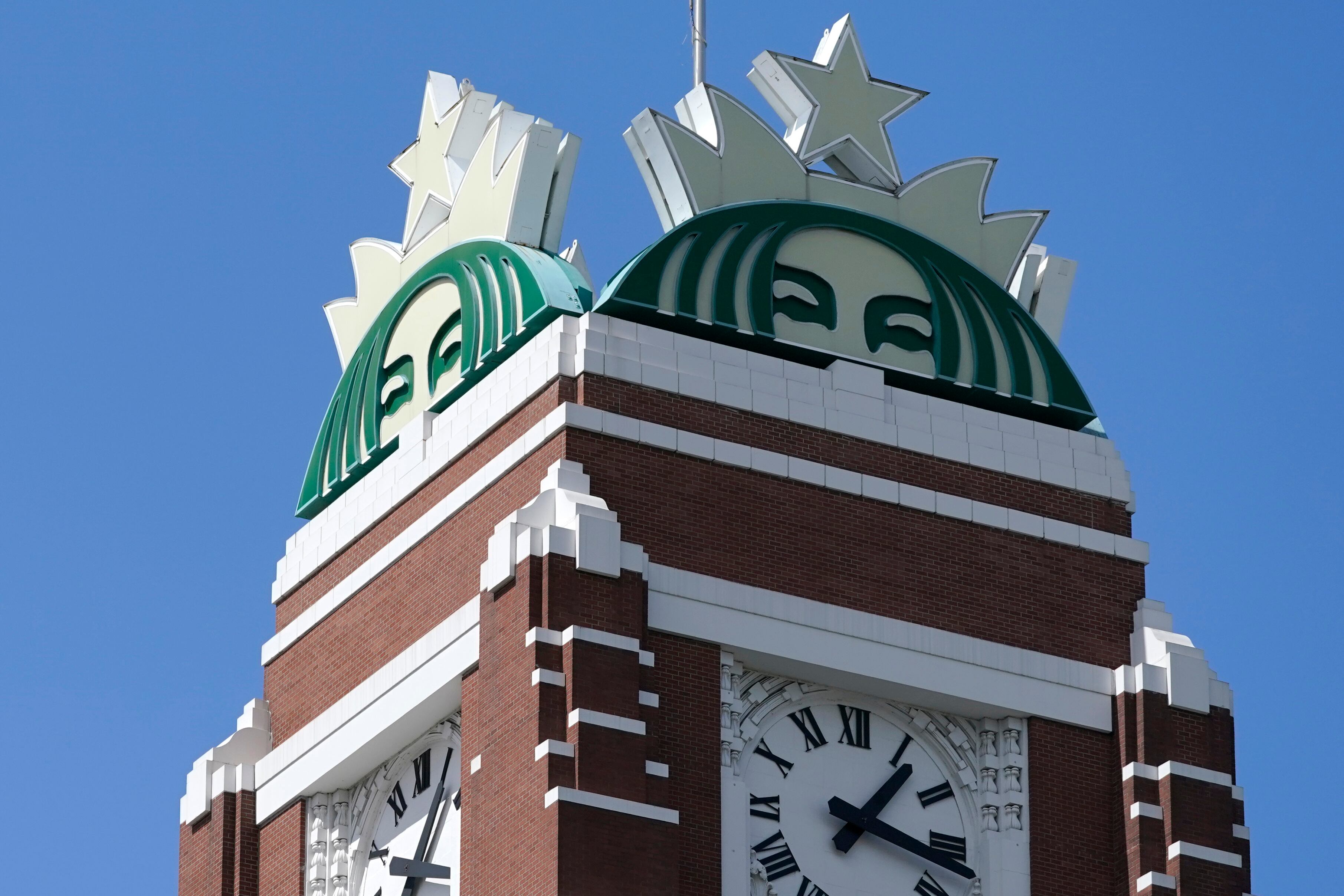Troubled cannabis delivery startup Eaze secured $35 million in funding, just weeks after reports the company was quickly running out of cash.
The $35 million comes from investors and existing stakeholders — $20 million from investors led by FoundersJT and a $15 million bridge round from stakeholders Rose Capital and DCM. The cannabis delivery company said in an announcement it intends to use the money for kicking off its pivot to "verticalization."
"Verticalization is Eaze's second act. Until now, we've invested in proving our market fit, building an enormous and loyal customer base, and becoming California's biggest marketplace for legal cannabis delivery. Now, we're proving we can make this business work in a more sustainable and profitable way while continuing to grow Eaze's existing services," Eaze CEO Ro Choy said in a statement.
The raise comes just weeks after a TechCrunch report revealed Eaze had been laying off employees and struggling to pay its bills and payroll as cash at the startup dwindled. Amid its financial difficulties, executives hatched a plan to pivot to a vertically integrated business.
Now, in addition to online sales and delivery of third-party products, Eaze will work together with licensed cultivators and manufacturers to develop a portfolio of cannabis brands it will sell and distribute alongside those of its retail partners. Eaze said it will launch its line of consumer cannabis brands "in the coming weeks." Eaze also acquired rights to Canadian cannabis distributor DionyMed's Hometown Heart delivery service, which has depots in Oakland and San Francisco, in January and now has oversight over its day-to-day operations.
"Eaze's success in securing capital comes during a challenging time for the industry as a whole," a spokesperson for Rose Capital wrote in an email. "The new business strategy allows for the company to grow closer to its customer and branding experience, further solidifying it as a dominant cannabis retailer in California."
Now bankrupt DionyMed Brands sued Eaze, alleging the delivery company used shell companies to disguise cannabis credit card transactions, according to the San Francisco Chronicle. Eaze then filed a countersuit, alleging anticompetitive and illegal practices, before ultimately acquiring parts of DionyMed's business.
Eaze burst onto the scene in 2014 and quickly attracted investment from high profile investors like early-stage VC firm DCM Capital, Snoop Dogg's Casa Verde Capital, and Winklevoss Capital, which is run by Bitcoin twins Tyler and Cameron Winklevoss. In 2016, a $13 million Series B made the company the highest funded and fastest-growing cannabis startup at the time, Fortune reported. But the cannabis startup ran into trouble this fall on the back of poor performance in the California market, a market rout and capital crunch that sent shockwaves through the entire cannabis industry.
In spite of the challenges, Eaze reported growth in 2019. According to the company's "State of Cannabis Report," the company saw a 97 percent annual increase in new signups, a 74 percent annual increase in first-time deliveries and a 71 percent annual increase in overall deliveries.













